Choosing the right HVAC filter for your home can significantly enhance your indoor air quality and the efficiency of your HVAC system. At Natchez Heating & Cooling, we frequently receive questions about the various types of filters available and which might be the best fit for our customers in Natchez, MS, and surrounding areas. In this blog post, we’ll discuss the differences between cheaper and more expensive filters, and provide insights into HEPA filters and why HVAC technicians often recommend them.
The Importance of HVAC Filters
HVAC filters play a crucial role in your heating and cooling system. They capture dust, dirt, pollen, and other airborne particles, preventing them from entering your home and your HVAC system. This process not only improves the air you breathe but also helps maintain the efficiency and longevity of your HVAC system.
Understanding MERV Rating
Before we delve into the differences between filters, it’s important to understand the MERV rating. The Minimum Efficiency Reporting Value (MERV) is a standard that rates the overall effectiveness of air filters. The rating ranges from 1 to 20, with higher numbers indicating better filtration efficiency. Here’s a brief overview:
- MERV 1-4: Basic filtration, effective for capturing large particles such as dust and lint.
- MERV 5-8: Intermediate filtration, suitable for capturing mold spores, pet dander, and fine dust.
- MERV 9-12: High filtration, capable of capturing smaller particles such as lead dust and auto emissions.
- MERV 13-16: Superior filtration, effective for capturing bacteria, smoke, and even some viruses.
- MERV 17-20: HEPA filters fall into this category, offering the highest level of filtration for particles as small as 0.3 microns.
Comparing Cheaper Filters to More Expensive Filters
Budget-Friendly Filters
Cheaper filters, often made from fiberglass or polyester, are usually thin and have a low MERV rating, typically between 1 and 4. These filters are effective at capturing larger particles like dust and lint but may allow smaller particles, such as pollen and pet dander, to pass through.
Advantages:
- Cost-Effective: Ideal for those on a budget or who need to replace filters frequently.
- Less Restrictive Airflow: Promotes better airflow, reducing strain on the HVAC system.
Disadvantages:
- Lower Efficiency: Less effective at capturing smaller particles, which can affect indoor air quality.
- Frequent Replacement: Typically needs to be replaced every 30 days.
Premium Filters
Higher-end filters, such as pleated filters, have a higher MERV rating, typically between 8 and 13. These filters are constructed from more durable materials and are designed to capture smaller particles, including spores, pet dander, and even some bacteria.
Advantages:
- Higher Efficiency: More effective at capturing a wider range of particles, improving indoor air quality.
- Longer Lifespan: Can last up to 90 days before needing replacement.
Disadvantages:
- Higher Cost: More expensive upfront compared to cheaper filters.
- Potentially Restrictive Airflow: Can put more strain on the HVAC system if not replaced regularly.
The Unique Benefits of HEPA Filters
High-Efficiency Particulate Air (HEPA) filters are in a class of their own, with a MERV rating of 17 to 20. These filters can trap 99.97% of particles as small as 0.3 microns, including viruses, bacteria, and allergens.
Why HVAC Technicians Recommend HEPA Filters:
- Superior Filtration: Provides the highest level of air purification, making them ideal for households with allergy sufferers, asthma patients, or those wanting the cleanest air possible.
- Improved Health Benefits: Removes most airborne contaminants, leading to healthier indoor air and potentially reducing allergy and asthma symptoms.
Considerations for HEPA Filters:
- System Compatibility: Not all HVAC systems are designed to handle HEPA filters due to their density. An HVAC technician can determine if your system can accommodate a HEPA filter or if modifications are needed.
- Maintenance: Requires regular replacement to maintain efficiency and prevent strain on the HVAC system.
Choosing the Best Filter for Your Home
When selecting an HVAC filter, consider your specific needs:
- Budget: If cost is a primary concern, a cheaper filter might be adequate, especially if you don’t have severe allergies or respiratory issues.
- Air Quality Needs: For those with allergies, pets, or health concerns, investing in a higher-end filter or even a HEPA filter can make a significant difference.
- System Compatibility: Ensure your HVAC system can handle the type of filter you choose. An HVAC technician can help determine the best option for your system.
At Natchez Heating & Cooling, we’re here to help you make the best choice for your home and health. Whether you need advice on which filter to choose or require professional installation, our team is ready to assist you. For more information or to schedule a service, request an appointment online or give us a call at (601) 207-8615. Serving Natchez, Ferriday, Monterey, and the surrounding areas, we’re committed to keeping your home comfortable and your air clean.






